
Ubuntu In 2014
Happy new year, friends!
2013 was a phenomenal year for Ubuntu. It is difficult to believe that it was just a year ago today that we announced Ubuntu for phones. Since then we have built and released the first version of Ubuntu for phones complete with core apps, delivered Mir in production on the phone, built a vastly simplified and more powerful new app delivery platform complete with full security sand-boxing, created a powerful smart scopes service to bring the power of native search and online content to devices, delivered a new SDK with support for QML, HTML5, and Scopes, built an entirely new [developer.ubuntu.com](https://developer.ubuntu.com), created extensive CI and testing infrastructure to ensure quality as we evolve our platform, shipped two desktop releases, extended the charm store, delivered Juju Gui, spun up multiple clouds with Juju, and much more.
In terms of Ubuntu for devices, I mentally picture 2013 as the year when we put much of the core foundational pieces in place. Everything I just mentioned were all huge but significant pieces of delivering a world-class Free Software convergence platform. Building this platform is not as simple as building a sexy GUI; there is lots of complex foundational work that needs doing, and I am incredibly proud of everyone who participated in getting us to where we are today…it is a true testament of collaborative development involving many communities and contributors from around the world.
So, 2013 was an intense year with lots of work, some tough decisions, and lots of late (and sometimes stressful) nights, but it laid down the core pillars of what our future holds. But what about 2014?
This time next year we will have a single platform code-base for phone, tablet, and desktop that adapts to harness the form-factor and power of each device it runs on. This is not just the aesthetics of convergence, it is *real* convergence at the code level. This will be complemented by an Ubuntu SDK in which you can write an app once and deliver it to any of these devices, and an eco-system in which you can freely publish or sell apps, content, and more with a powerful set of payment tools.
These pieces will appear one phase at a time throughout 2014. We are focusing on finishing the convergent pieces on phone first, then bringing them to tablet, and then finally bringing our desktop over to the new convergent platform. Every piece of new technology that we built in 2013 will be consumed across all of these form-factors in 2014; every line of code is an investment in our future.
Even more importantly though, 2014 will be the year when we see this new era of Ubuntu convergence shipping to consumers. This will open up Ubuntu to millions of additional users, provide an opportunity for app developers to get in on the ground floor in delivering powerful apps, and build more opportunity for our community than ever before.
I wish I could tell you that 2014 is going to be more relaxing than 2013. It isn’t. It is going to be a roller-coaster. There are going to be some late nights, some stressful times, some shit-storms, and some unnecessary politics, but my goal is to help keep us working together as a community, keep us focused on the bigger picture, keep our discourse constructive, and to keep the fun in Ubuntu.
Let’s do this.

Partners, Community, and Success
Recently the Ubuntu newswires have been buzzing with the news that we have [won our first smartphone partner](https://news.cnet.com/8301-1035_3-57615107-94/ubuntu-touch-os-wins-its-first-smartphone-partner/).
Now, let’s get the elephant in the room out of the way – I am *not* telling you who it is. It is not my place here to share confidential details about business-to-business relationships such as this. Rest assured though, I know the folks working on these relationships and there is a tremendous amount of opportunity for Ubuntu in these discussions; OEMs, carriers, ISVs and more are *very* interested in exploring Ubuntu for future products.
This is…spoiler alert…*fantastic* news.
But what does this news really mean for Ubuntu, and to what extent do our community play a part? Let’s dig into this a little bit.
I joined Ubuntu because I want to help an effort to bring *technological elegance and freedom* to people. Both of these are essential; elegant proprietary software and complex Free Software are both limited in the opportunities they bring to people and who can harness them. A good balance of both is what we strive to achieve in Ubuntu.
For many years Ubuntu has been available to download and install on your computer. Today you can download Ubuntu for your [desktop computer](https://www.ubuntu.com/download/desktop), [phone](https://www.ubuntu.com/phone/install), [tablet](https://wiki.ubuntu.com/Touch/Install), and you can [deploy it to your public or private cloud](https://www.ubuntu.com/cloud).

Soon.
While this provides a reliable distribution point for those in the know, it remains an unknown service for those *not* in the know. Put simply: most *normal* people don’t do this. People like you and me, who read nerdy blogs like mine, *often* do this.
Now, we often talk about how we have around 20million Ubuntu users. To be fair, this will always be something of an informed estimation (made up from sales, downloads etc). As an example, if one person downloads Ubuntu they may install it on one computer. Alternatively, they could do the kind of work that [Project Community Computers](https://www.projectcc.org/) and [Partimus](https://partimus.org/) do and use that download to install Ubuntu on hundreds of computers that potentially thousands of people will use. Again, put simply, it is difficult to get a firm idea of current numbers of users.
Irrespective though, whatever figure we have…such as 20million…this number is fundamentally defined by our available distribution mechanisms. The formula here is simple: if we increase the opportunity for Ubuntu to be distributed, we get more users…
…and this is where the chain reaction begins.

Wrong chain reaction.
If we have more users, we get more ISVs such as Adobe, Autodesk, Zynga, Rovio and others who want to use Ubuntu as a channel. If we get more apps from ISVs we get more interest from OEMs, carriers, and others. If we get more OEMs and carriers, we get more enterprise, creative-industry, and educational deployments. If we get more deployments we see more businesses selling support, services, training, people writing books, seminars, and other areas of focus. This effectively creates an eco-system around Ubuntu which in turn lowers the bar enough that any consumer can use and try it…thus putting Free Software in the hands of the masses.
Put simply once more: if we make Ubuntu commercially successful, it will put Free Software in the hands of more people.
Now, on the desktop side of things we have Ubuntu pre-installed on four of the largest OEMs on the planet, and while industry-wide annual PC shipments are dropping more and more each year, fortunately, we have positioned ourselves in a sweet spot. We can continue to fulfill our position as the third most popular Operating System for desktop/laptop computers, while providing a simple on-ramp to bring Ubuntu to these other devices as part of our wider convergence story.
As such, our first commercial smartphone partner is where we light the touch-paper that starts that chain reaction. This is good for Ubuntu, consumers, app developers, small businesses selling services, and for other OEMs/carriers who are exploring Ubuntu. All of this is good for Free Software.
So where does the community fit into this? Surely all of this work is going to be the domain of paid Canonical engineers delivering whatever the secret smartphone partner wants?
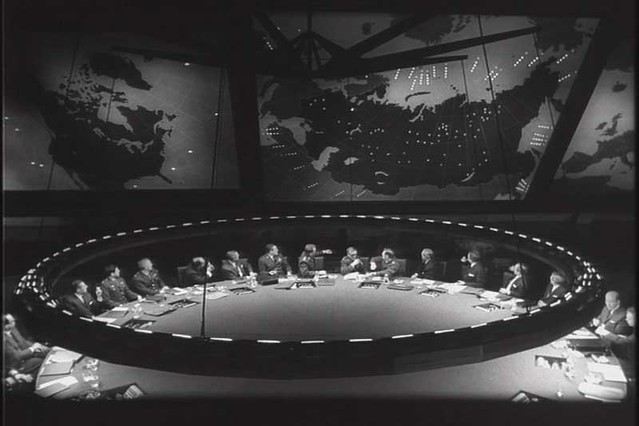
Recent Canonical sprint at the Marriott City Center, Oakland
Not at all.
Delivering a shippable device has many different technology components: hardware enablement, display server (Mir), shell (Unity 8), developer platform and SDK, core applications that ship with the device, quality assurance, language packs, third-party scopes and services, and more.
This is just what sits on the device. Outside of it we also need effective governance, event planning, local user group advocacy and campaigns, app developer growth and support, general documentation and support, web and communications services, accessibility, and more.
Every one of these areas (with the probable exception of specifically working with customers around enabling their specific device) welcomes and needs our community to help. Some of these areas are better set up collaboratively with our community than others…but not working collaboratively with our community is a *bug*, not a feature.
Believe me when I say there is no shortage of things for us to do. We have a long but exciting road ahead of us, and I am looking at my team to help support our community in finding something fun, rewarding, and productive to work on. There are few things in life more satisfying than putting your brick in the wall as part of a global effort to bring technological change to people. I hope you are joining us for the ride.
If you want to help and get stuck, email me at [email protected]. I am happy to help get you started.

A Solemn Day

[Nelson Mandela passed away today](https://www.bbc.co.uk/news/world-africa-25249520). He was 95.
I am not going to pretend to know all the details about his life or the intricacies of his struggle. What I do know is that he inspired a generation around change and equality. It was not just his philosophy that inspired so many…it was his action too.
He was and will always be the purest definition of *ubuntu*.
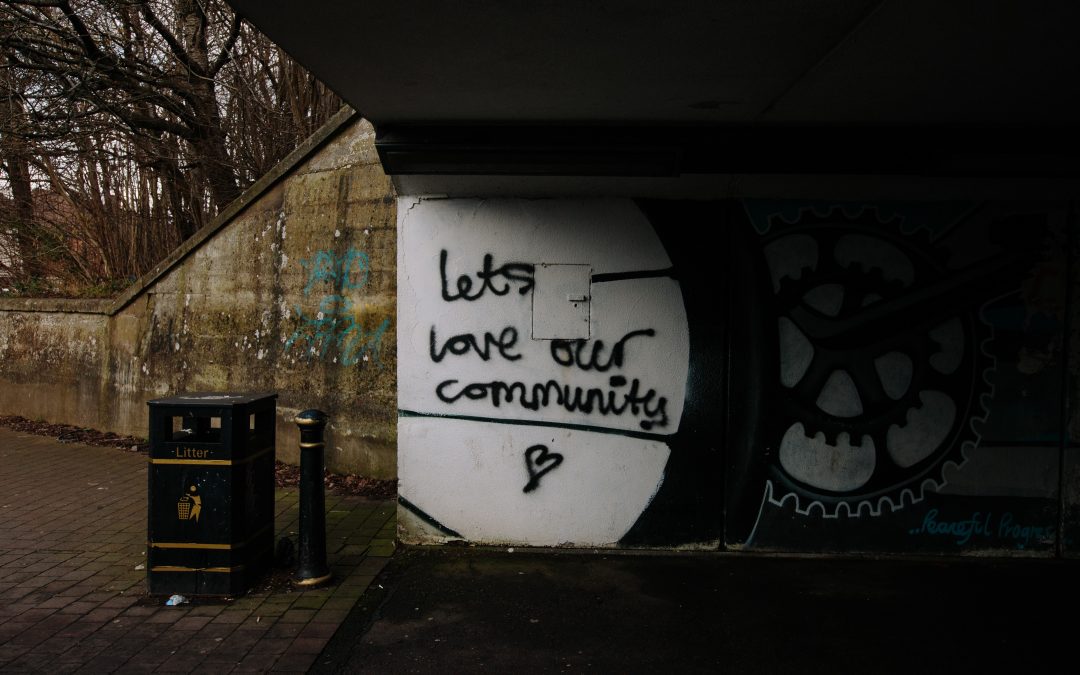
Bad Voltage Season 1 Episode 4 ‘Fat Drone Backups’

Jeremy Garcia, Stuart Langridge, and myself (Bryan Lunduke is unable to make it again, although we do of course hope that he recovers from whatever horrific disease he’s contracted) bring you:
- Open Source Health: are the open source community more unhealthy than most? Perhaps the trend for health-related gadgets will save us
- Review: Stuart talks about Ender’s Game, the film, the book, and the author
- Chris Anderson, CEO of 3D Robotics, ex-editor of Wired, and author, talks about his current venture, creating pilotless autonomous “drones” and what they might mean for Amazon Prime Air, agriculture, and society at large
- How do the team actually back up their stuff? Surprisingly, we all actually do (as should you), but how do we do it?
- Your feedback: video podcasting, Bitcoin, new phone OSes, and pod love
Go and [listen to the show](https://www.badvoltage.org/2013/12/05/1×04/) and then [share your thoughts on our brand new community](https://community.badvoltage.org/)!
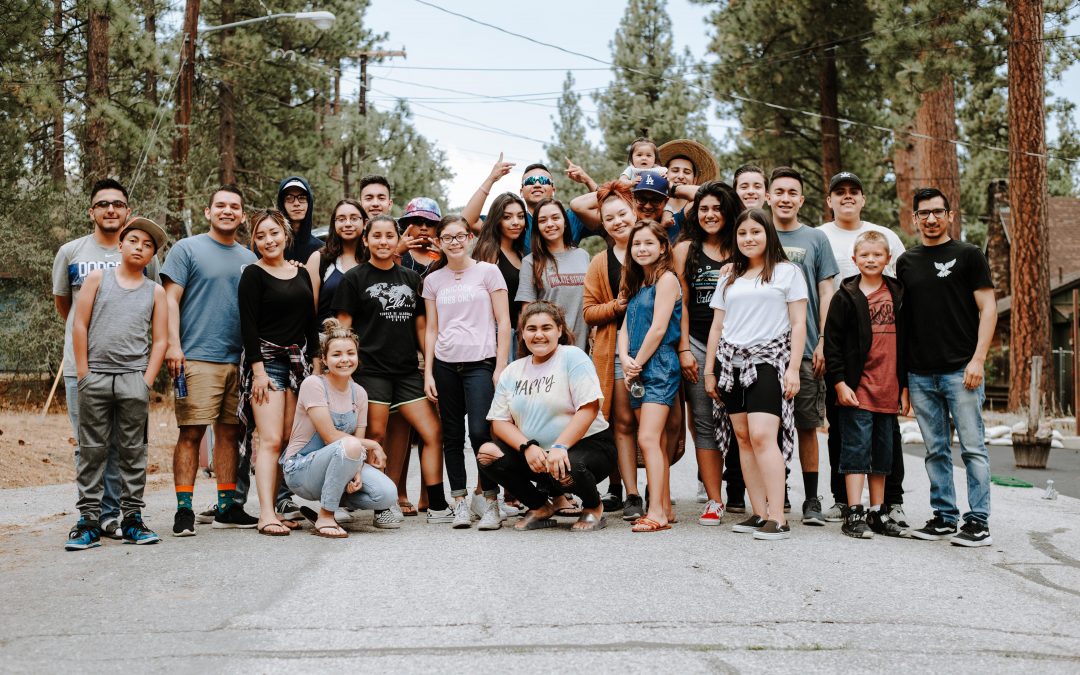
Target, Target.com, and Solving Customer Problems
*I don’t normally write posts about issues with organizations, but as I mention later in this article, there wasn’t a good avenue to share this with Target, so I am sharing it here so Target (as well as other consumers) can be aware of some of these issues*.
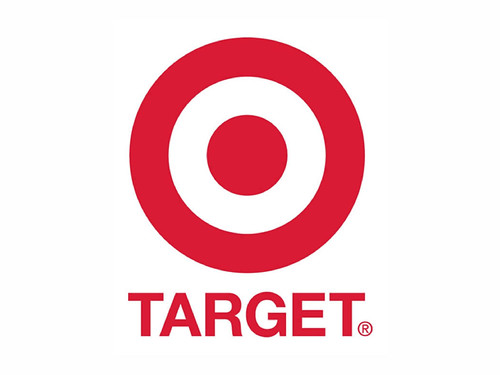
I like [Target](https://www.target.com/). They are generally a pretty good organization, and my wife and I often shop there. They usually stock good products at reasonable prices, and I have been a happy customer for many years. Recently though their good reputation has been tarnished in my eyes.
Let me explain.
Recently I have been wanting to buy a Playstation 4 for the holidays. Now the PS4 is a hotly sought-after item, and given the lack of inventory I was delighted to see that stock was available to order on the 29th November on Target.com. I entered my credit card details in rapid fire and bought my PS4 Console + Controller bundle. This was not a pre-order, this was a regular order and I was provided with an estimated delivery date from 9 – 11 Dec. That was workable.
This morning I received an email saying the order has been delayed and now the estimated arrived is 24th Dec – 13th Jan. This is not workable.
Curious to see what the local stock situation was, I called every Target store in my local area. The Target in my local town told me they had 8 consoles in stock *yesterday*, and I called five other branches, each of which also had limited stock this week. All of this stock was sold quickly to general customers.
With this information my natural conclusion was: how is that I have a PS4 ordered since the 29th Nov which has been delayed until after Christmas, yet stock is made readily available to the general public locally to me (who have not already placed an order and paid for an item)? Why is my existing order not being honored before further stock is made generally available?
To resolve this I called the Target customer care line with a simple request: to have one unit of the next available local inventory be reserved for me. This seems reasonable; I have already ordered the item, and I am happy to drive over and pick it up.
In the subsequent hour, and despite always remaining polite and courteous with my request, I was hung-up on three times, one of which was by a *supervisor*. When I called back to speak to the supervisor I was told that no-one by that name was a supervisor (which would suggest that the person was not actually in a position of responsibility). I was placed on hold yet again and I asked to speak to the most senior ranking member of the team, who while very polite, was unable to provide any solution to the problem.
It turns out there are two causes of this problem.
Firstly, I was informed by the first supervisor that Target.com will knowingly take orders for items even though stock might not be available. Apparently if any stock exists in the warehouse at that time, multiple orders can be taken. So for the sake of example, there may be one PS4 in stock, but they may accept ten orders. He acknowledged this was a problem with Target.com.
This is unacceptable, and particularly unacceptable for highly sought-after items such as the PS4 (with potential inventory delays) around a high-demand season such as Christmas. If you want to take orders for future stock, fine, do that, but call it a *pre-order* like everyone else…this sets expectations clearly around delivery; again, delivery estimates are important around the holiday season.
Secondly, and as was repeated to me a number of times, Target Stores and Target.com are two entirely different organizations within the wider Target umbrella. I was assured that there is simply *no way at all* for Target.com to reach out to Target stores and reserve an item. It seems that the two sides of the organization are entirely fire-walled from each other.
I understand why the organization is segmented this way, but as a consumer I don’t distinguish between Target stores and Target.com…I am buying from *Target*. As such, there really needs to be some cross-organizational problem-solving capability.
I try to be a constructive person, and I felt like this would be good feedback to provide to Target…as I say, I like them as a company…so I asked for a number at Target Corporate and no-one could provide me with a contact number to relay this feedback. It turns out the most senior member of the customer team has zero contact at all with Target Corporate. Astonishing.
As such, I am sharing this feedback here. I hope someone at Target stumbles on this and this can provide food for thought to prevent future customer issues. In an age where Amazon is crushing all the brick-and-mortar retailers, you simply can’t compromise on customer service, particularly when the problem can be solved with a simple phone call to your brick-and-mortar stores.

Ubuntu Events Coming Up!
In every release cycle we have a number of events organized that brings our community together to create things, share ideas and knowledge, and more. I just wanted to share the latest raft of planned events:
* **Ubuntu App Development Sprint** – 12th Dec – an online sprint where we will continue where we left off at UDS to discuss pieces we need to deliver as part of the Ubuntu App Developer platform.
* **Ubuntu App Developer Week** – 20th – 25th Jan – a week of tutorials for getting started with the Ubuntu SDK. Perfect for developers new to the Ubuntu SDK!
* **Ubuntu Developer Week** – 3rd – 7th March – a week of sessions designed for Ubuntu developers who want to fix bugs, deliver new packages, and other Operating System-level tasks.
* **[Ubuntu Global Jam](https://loco.ubuntu.com/events/global/2656/)** – 4th – 6th April – the primary event where our LoCo teams get together to collaborate, share ideas, and share knowledge. Be sure to organize an event near you!
* **Ubuntu Open Week** – 21 – 25th April – a week of tutorials the week after a new release for new users how to get started.
If you are interesting in helping with these events, be sure to let me know in the comments!

Bad Voltage Season 1 Episode 3: Hear My Lung

In our third episode, your hosts Jeremy Garcia, Stuart Langridge, and myself (our compadre Bryan Lunduke is away cavorting around Europe) bring you discussion, argument, and amusement on:
- We delve into the new Playstation 4 and XBox One consoles and discuss whether this is the next generation of gaming, or a rehash of the same-old-same-old
- Review: Jeremy provides an in-depth review of Google’s new Nexus 5 phone
- We talk about biohacking and discuss what it is, what people are working on, the implications of the technology, and whether it is a good thing in the first place
- Interview: in this episode we interview prominent kernel hacker, Greg Kroah-Hartman, about life as a kernel hacker, the pressure of working on such a core piece of technology, and his physical relationship with Linus Torvalds
- We had a bucketload of letters, so we read out our favorites, and share the very best dirty haikus
**Go and [check out the show here](https://www.badvoltage.org/2013/11/21/1×03/) and join us on [Google+](https://plus.google.com/u/1/communities/112243430378992034792), [Facebook](https://www.facebook.com/badvoltageshow), and [Twitter](https://www.twitter.com/badvoltage).**

Ubuntu Developer Summit Schedule Ready
Just a quick note that the [Ubuntu Developer Summit schedule](https://summit.ubuntu.com/uds-1311/) is pretty much ready for next week. Be sure to check it out and plan your time to join the sessions you are interested in. Thanks!
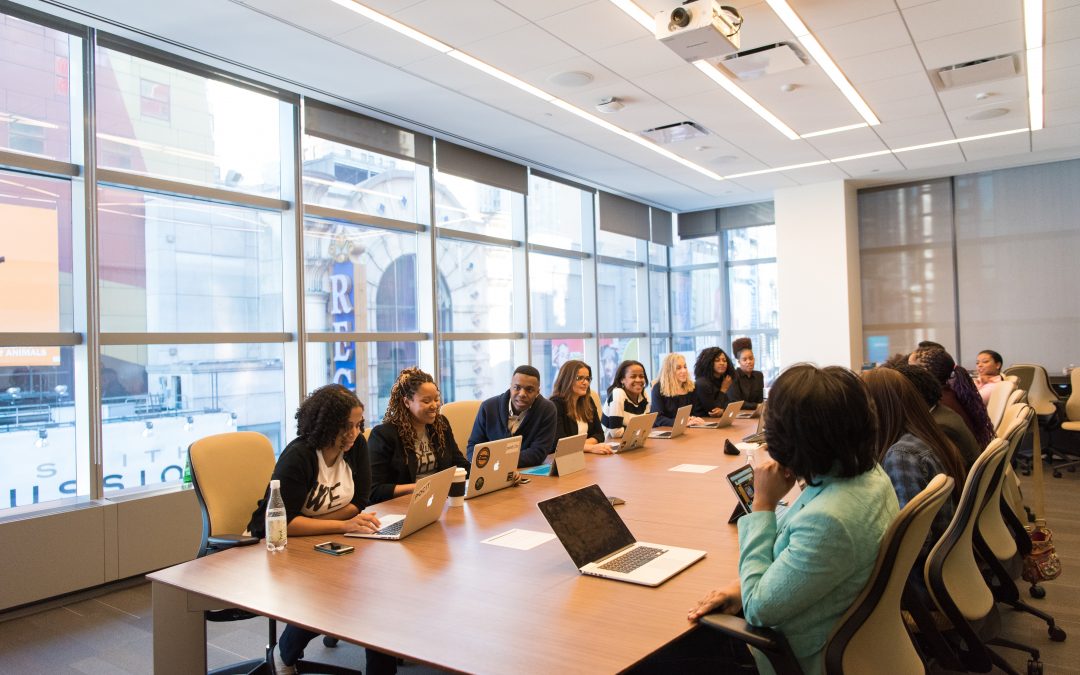
Project Community Computers
Free Software is not just software or a philosophical attitude to freely available software. Free Software is a catalyst for change in a constantly evolving world that is becoming more and more dependent on technology. Unfortunately while many of us are getting faster and faster computers on our desktops and in our pockets, for many the digital divide is ever wide as it has always been.
I have always had a soft spot for those organizations who selflessly bring Free Software to those for whom technology is a missing link in their lives. I spent two years doing this with **OpenAdvantage** before I joined Canonical, bringing technology to a region where many manual labourers were out of work and needing access to technology and training to upskill and get new jobs to support their families. Likewise groups like A2RT, FreeGeek, Partimus and more doing similar great work.
When I was speaking at Ohio Linux Fest earlier this year I met the [Project Community Computers](https://www.indiegogo.com/projects/project-community-computers). Emma from [System76](https://www.system76.com/) told me they wanted to talk to me about their project (they use Ubuntu extensively across their projects) so I had a meeting with them. The project essentially takes Ubuntu and puts it on recycled computers and they have set up over 20 educational labs around the world.
All out of their own pocket. All on their own time.
I was *blown away* by their accomplishments.
The guys are smart, selfless, motivated, and harnessing the truest power of Free Software…to break down the digital divide. They are not just talking a big game…they are playing a big game with so many accomplishments so far. It is projects like this why I got involved in Free Software and Ubuntu in the first place.
The team were looking for opportunities for funding their continued work and I suggested they crowd-fund it, an idea that they had already thought about, so I am delighted to see they have kicked their campaign off at [https://www.indiegogo.com/projects/project-community-computers](https://www.indiegogo.com/projects/project-community-computers).
See their campaign video below:
Project: Community Computers Indiegogo Campaign Launch Video from Project: Community Computers on Vimeo.
*Can’t see it? See it [here](https://www.indiegogo.com/projects/project-community-computers)!*
Please go and invest in this tremendous team and project; I have no doubt that every penny will be put to good use.

My Creative Commons Archive
For many years I have been a long supporter of the [Creative Commons](https://creativecommons.org/). I believe Free Culture is good for people; it brings enjoyment, encourages sharing, helps creates an archive of material others can use in their own creative endeavours and more.
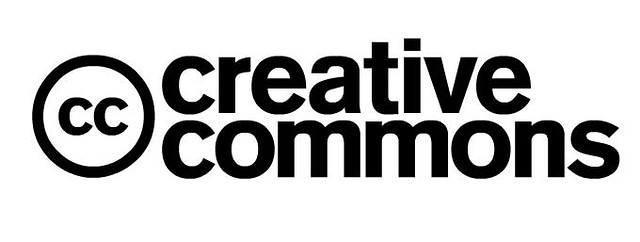
Over the years pretty much every piece of creative output I have created has been licensed under a Creative Commons license. This includes **72+** songs that I have written and produced (including Severed Fifth, Seraphidian and solo work), **200+** podcast episodes (across [Bad Voltage](https://www.badvoltage.org), Lugradio, and Shot Of Jaq, one book (The Art of Community).
A lot of that content has been pretty scattered so I have used my day off today to put it all together into a set of pages where you can find it all. I would encourage you to share, remix, and otherwise enjoy the content throughout these pages. Thanks!
**[Check out my Creative Commons archive](https://archivedblog.jonobacon.com/creative/)**.
